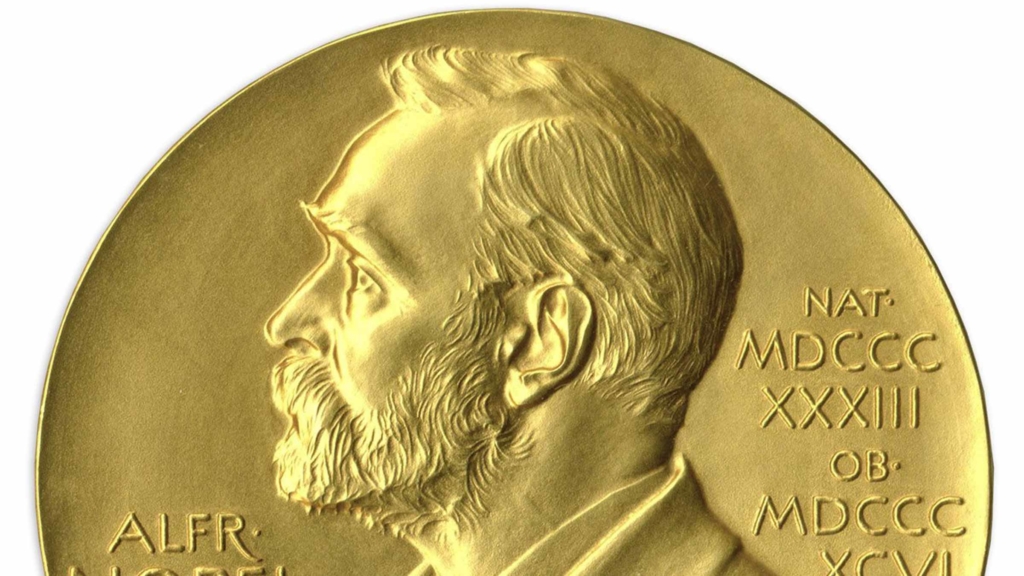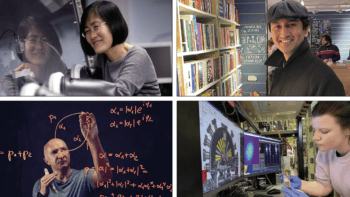The Nobel archives should be opened up to ensure the prizes are fairly awarded

I sometimes wonder if the magic of the Nobel prizes has gone. For one thing, they’re eclipsed financially by newer awards such as the Breakthrough, Shaw and Kavli prizes. For another, they’re hamstrung by the rule that no more than three people can share each award. The sexual misconduct scandal currently surrounding the Nobel Prize for Literature hasn’t helped their reputation either. And while I’ve never been to a Nobel awards ceremony in Stockholm, I reckon attending a Breakthrough-prize ceremony would be more fun – this year’s was hosted by Piers Brosnan, with Lionel Richie singing “Say You, Say Me” as the musical act.
But for me, one of the biggest issues with the Nobel Prize for Physics is that it perpetuates the image of physics as a pursuit for mostly old men. In the past 10 years, the average age of those winning the prize has been almost 70. Arthur Ashkin, who has received half of this year’s award for developing optical tweezers, is 96 – making him the oldest person ever to win a Nobel prize.
Quite rightly, the physics Nobel committee wants to avoid crediting work that might seem significant in the short term yet turns out to be wrong or unimportant: after all, it can take years to figure out the “best” physics research. However, by honouring work done decades ago, as is often the case, the Nobel Prize for Physics can unintentionally suggest there’s little that’s exciting going on right now.
Even more significant is that so few women have ever won the physics Nobel prize. Donna Strickland, who shares the other half of this year’s award with Gérard Mourou for their work on highly intense, ultrashort optical pulses, is only the third female physics Nobel laureate after Marie Curie (1903) and Maria Goeppert-Mayer (1963). The other 207 are all men.
The reason often trotted out to explain the lack of women is that there were few top female physicists decades ago and, ah well, the committee can only go on who’s been nominated by the community. Plus, Curie won a prize so, obviously, there can’t be a problem.
What, though, if good work done by women is being unfairly overlooked? No-one’s suggesting giving the prize to women just for the sake of it. But there are probably all sorts of unconscious biases in the Nobel committee – and in those who nominate physicists for the award – that have unwittingly given men an unfair advantage.
Gender studies are complicated and it’s easy to misinterpret data or draw the wrong conclusions. Just look at the furore following ill-informed comments made by Alessandro Strumia from the University of Pisa at a workshop on high-energy theory and gender at CERN in September, where he bizarrely suggested men (not women) are being discriminated against.

Nobel population 1901-50: anatomy of a scientific elite
Unfortunately, the documents surrounding each Nobel prize remain secret for 50 years, which provides handy cover for those making the award. In the interests of creating a level playing field, surely it’s time to open up the Nobel archives as soon as each prize is announced. Making it harder to sweep the biases under the carpet might restore some of the prize’s shine.




